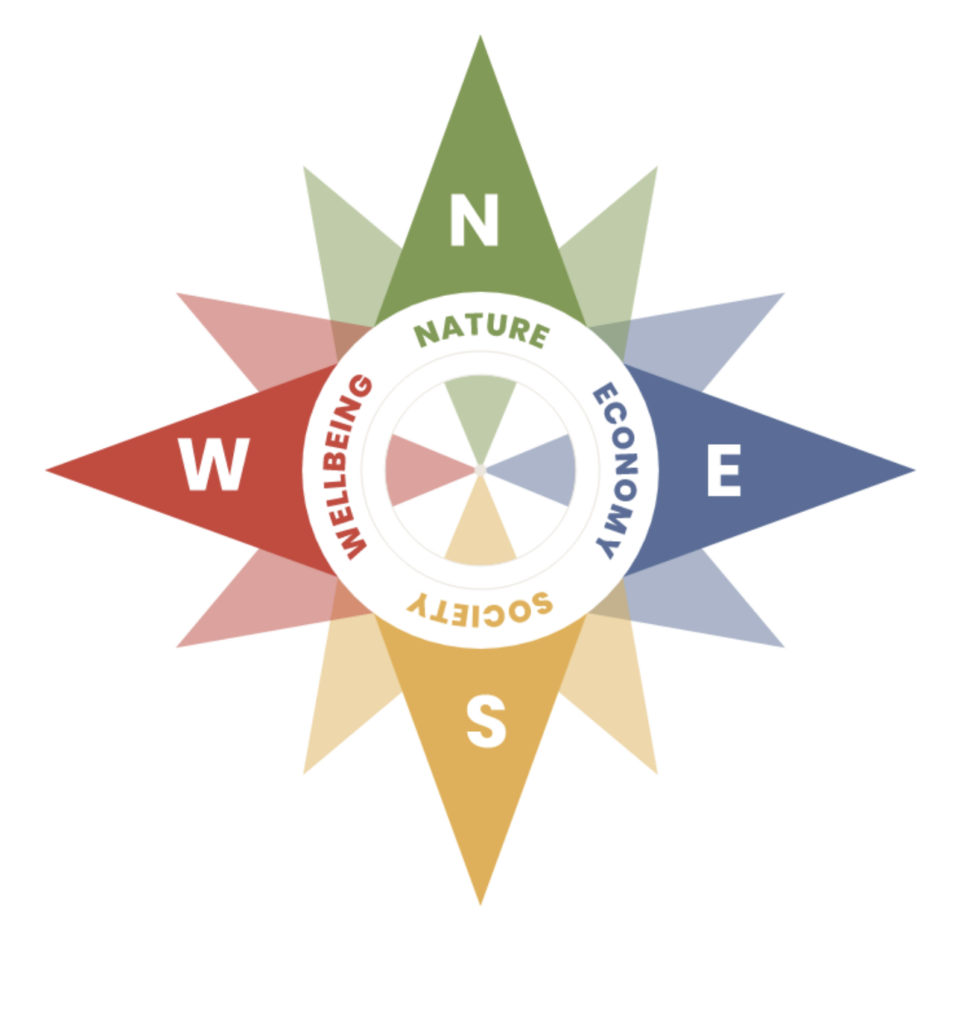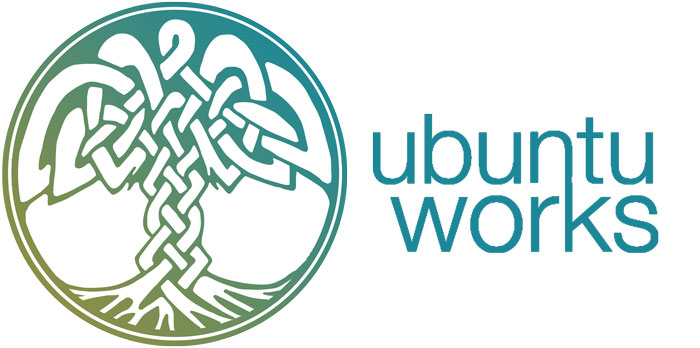Systems thinking is rooted in the understanding that everything is interconnected, or simply put, everything is related. This understanding is especially applicable when it comes to education, a main effort of the Ubuntuworks Project. Applying a philosophy of interconnectedness, or holism, allows educators to bring sustainability into the classroom and guide students in a learning process that acknowledges the impact of our ideas and actions on our lives today and on future generations.
The Ubuntuworks Resource Hub provides organizations and individuals with data, stories, studies and support for a more connected and compassionate world.
About
Excerpts from Compass Education:
“Compass Education is a global movement of educators and change agents who believe that a flourishing, sustainable world begins with our students and schools. In alignment with the United Nations Sustainable Development Goals, Compass Education is on a mission to bring Sustainability and Systems Thinking Education to one million educators by 2030!”
Compass Education aims to help build better learners and empower change makers by providing educators and administrators around the world with professional development, workshops, online courses, and classroom toolkits and lesson plans, all holistically based in systems thinking and interconnectedness as illustrated by the Sustainability Compass.
The Sustainability Compass
“The Sustainability Compass, or Compass for short, is a tool that brings people together around a common understanding of sustainability, and a shared vision for getting there. The Compass is easy to understand. A regular compass helps us map the territory and find our direction. The Sustainability Compass does the same thing for sustainability. It takes the English-language directions — North, East, South, West — and renames them, while keeping the same well-known first letters:

N is for Nature: All of our natural ecological systems and environmental concerns, from ecosystem health and nature conservation, to resource use and waste.
E is for Economy: The human systems that convert nature’s resources into food, shelter, technologies, industries, services, money and jobs.
S is for Society: The institutions, organizations, cultures, norms, and social conditions that make up our collective life as human beings.
W is for Wellbeing: Our individual health, happiness, and quality of life.
Educators can use the Compass to build in a sustainability lens to any topic, issue, lesson, activity or project that they use with their students. Students can use the Compass for note taking, forming questions, analysis and synthesis, and assessment. The Compass is a highly versatile but simple tool that provides a common language to teachers and students to always be thinking about sustainability, what we call having a ‘sustainability habit of mind.'”
To learn more about Compass Education, and to access services and resources, visit https://compasseducation.org.
Photo: Ronald Felton
